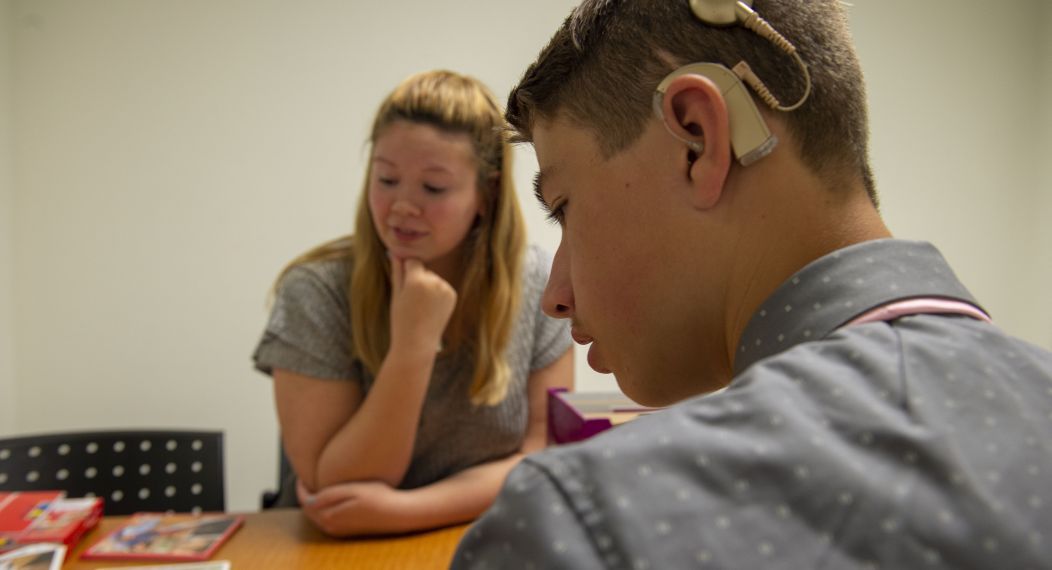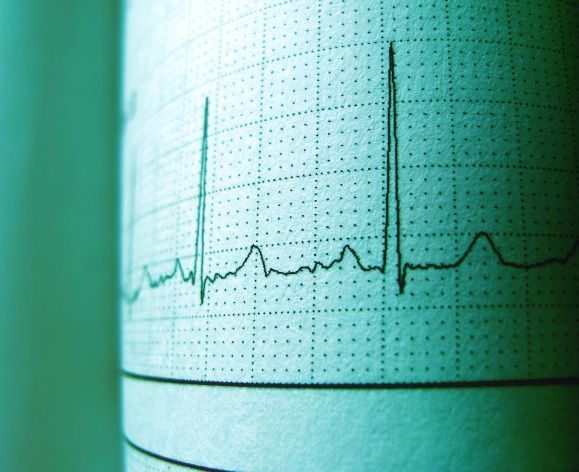Wearable Technology and Bio-Signals
Where Health and Technology Work Together
Wearable devices are very popular and recently they have been used widely to collect bio-signals continuously. Wearable technology can potentially provide advanced diagnostic and therapeutic capabilities such as cardiovascular disease detection and fitness monitoring. In this course you will learn more about bio-signals and bio sensors and how wearable technology utilize them for health monitoring which is crucially important for next generation autonomous diagnostic, therapeutic and assistive health tools.







